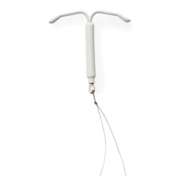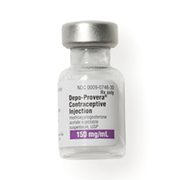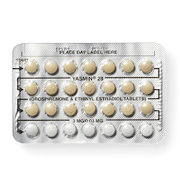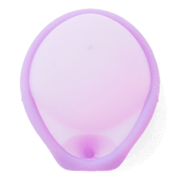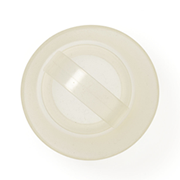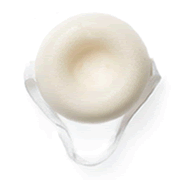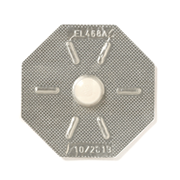Birth Control Options for People with Rheumatic or Musculoskeletal Diseases

Here are all the details.
If you are one of the more than 54 million adults in the U.S. living with a rheumatic disease, like lupus or rheumatoid arthritis, thinking about your birth control options might be more complicated because of your condition or your medications.
If you have a rheumatic or musculoskeletal disease and don’t want to get pregnant right now, here are some key details you need to know about the safety and effectiveness of birth control. For answers to your specific questions, make an appointment with a provider at your nearest The Right Time health center.
What birth control methods can I safely use with a rheumatic or musculoskeletal disease?
According to the American College of Rheumatology guidelines, most birth control methods are safe for people with rheumatic and musculoskeletal diseases, including lupus. And anyone with a rheumatic or musculoskeletal disease, regardless of diagnosis or how severe your condition is, can safely use any type of IUD, the implant, progestin-only pills, or barrier method, like condoms and diaphragms.
What birth control methods are safe to use if I have antiphospholipid antibodies?
People who have antiphospholipid antibodies should not use methods with the hormone estrogen, such as the combination pill, patch, or ring, and should consider not using the shot. That’s because both estrogen-containing birth control and the shot increase the risk of blood clots, as does having antiphospholipid antibodies.
What birth control methods are safe to use if I have lupus?
People with lupus who have a negative antiphospholipid antibody test can use the pill and ring but should not use the patch. “The patch gives a higher constant level of estrogen than the pills currently on the market and there’s a theoretic concept that estrogen might make active lupus worse, so the guidelines recommend against using the patch for people with an increased risk of a blood clot from very active lupus,” says Megan Clowse, MD, MPH, Associate Professor of Medicine in the Division of Rheumatology and Immunology, and founder of lupuspregnancy.org.
What birth control methods are safe to use if I have an increased risk of osteoporosis?
If you have an increased risk of osteoporosis because of your disease or if you are taking steroid medications, such as prednisone, you should consider a method other than the shot because of additional bone health risk (although research has not shown that any bone health risk because of the shot is permanent).
What medications for rheumatic or musculoskeletal disease might affect my birth control?
If you are taking mycophenolate mofetil or mycophenolic acid, which are used to treat some rheumatic or musculoskeletal diseases, there is a concern that they may decrease the effectiveness of some hormonal birth control methods, such as the patch, ring, and combination pill.
For people who are taking mycophenolate-containing medications, such as Myfortic or CellCept, which are not safe to use in pregnancy, experts recommend using either a highly effective method, such as an IUD or implant, or doubling up on methods in order to decrease your chances of getting pregnant, for example by using both condoms and birth control pills.
What’s the bottom line?
Most birth control is safe if you have a rheumatic or musculoskeletal disease. If you have a negative test for antiphospholipid antibodies, don’t have lupus, are not at an increased risk of osteoporosis, and are not taking mycophenolate-containing medications there are no restrictions on birth control methods for you. But again, talk to a provider at your nearest The Right Time health center if you have any specific concerns.
Updated December 2021
Related Content

Article
What Does “Unprotected Sex” Really Mean?It’s always a good idea to make sure you and your partner are on the same page in terms of sex before you have it.

Article
Can You Use Birth Control if You Aren’t Having Sex?There are lots of reasons why people use birth control.
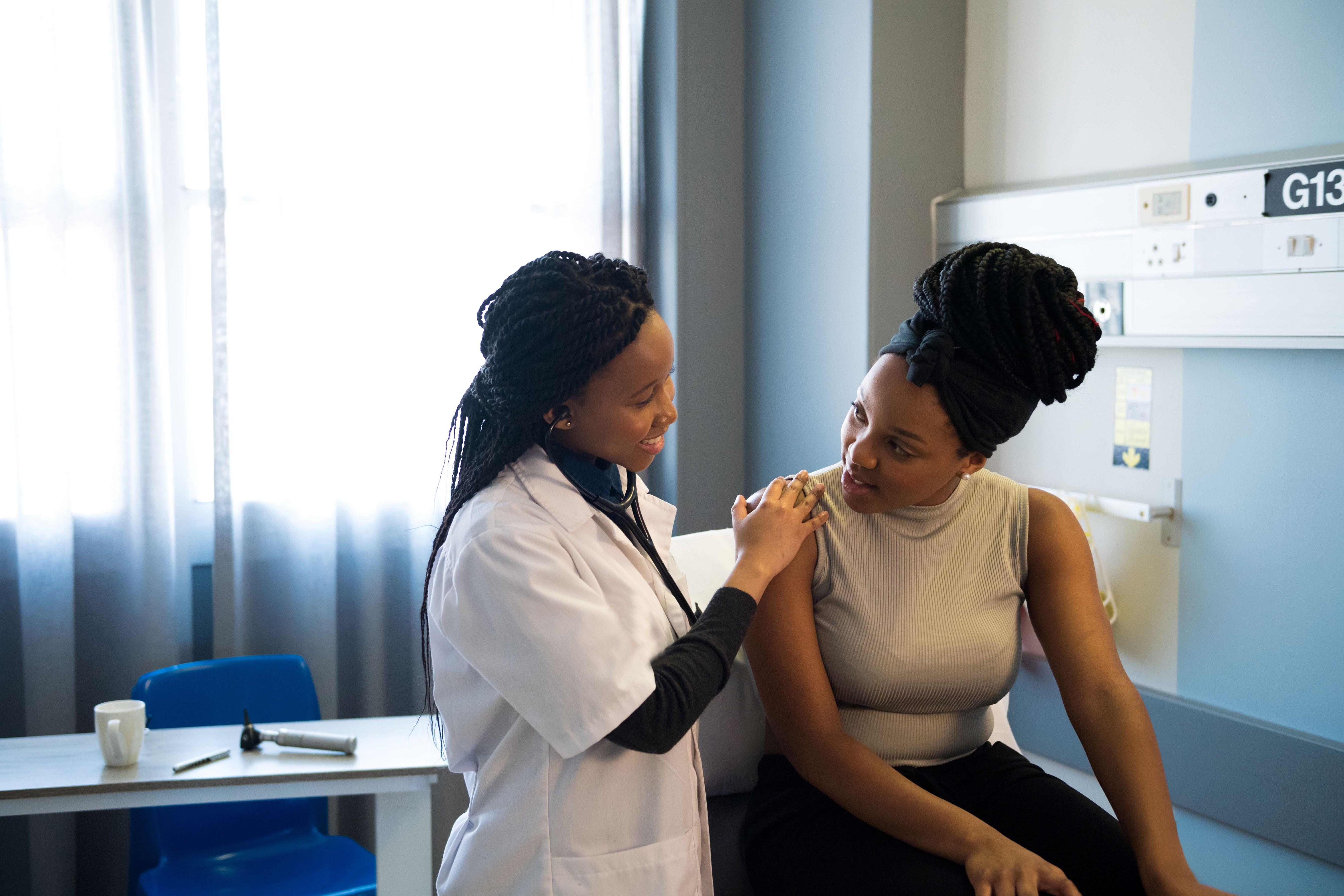
Article
3 Ways Providers Respect Consent in an ExamA provider who values your consent understands that you are the expert on your body, and that the only person who gets to make decisions about your body is you.

Article
Opill is Now Available Over The CounterYou can get it right off the shelf at the drug store and other retail locations.



